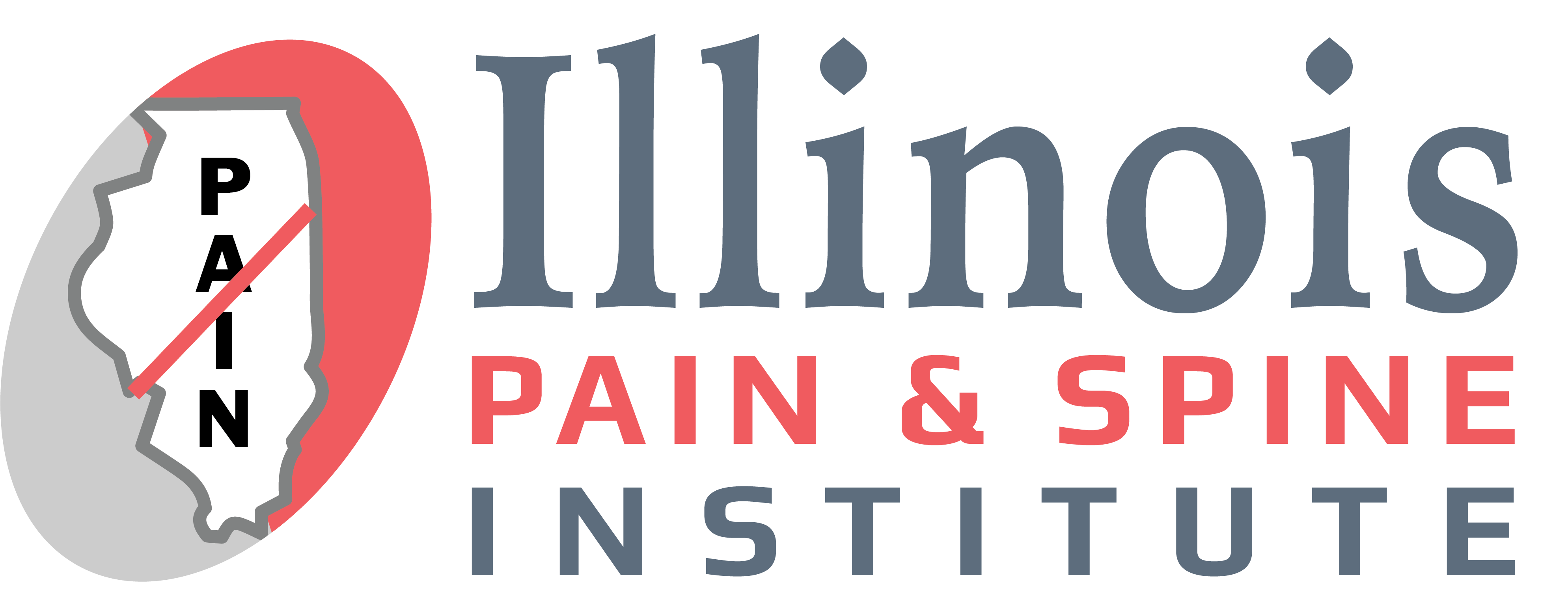26 Feb Financial Burden of the Opioid Epidemic in Illinois, $92,000 per patient
The effects of the opioid epidemic are widespread, affecting not just those in the throes of addiction but also the health systems that care for them. In an article published last week in Crain’s Chicago Business, writer Kristen Schorsch looked into the toll of the opioid epidemic on Illinois health providers and shared providers’ concerns that with the repeal of the Affordable Care Act’s individual mandate hospitals will be on the line for increased costs related to opioid hospitalizations.
The average cost to treat overdose patients in ICUs climbed 58% in just seven years, from $58,517 in 2009 to $92,408 in 2016. Hospitals can’t turn away a patient in crisis, and opioid overdoses often require intensive care for days, sometimes weeks. Counties across Illinois have seen rapid increases in opioid-related hospital visits, a surge they blame partly on heroin, a substance many opioid addicts turn to because it’s cheaper and easier to obtain prescription drugs.
In Chicago, the opioid epidemic is mainly concentrated on the west and south sides of the city. Loretto Hospital on the West Side reports to Crain’s that one in three patients visit their ER due to an opioid overdose or opioid-related condition. Of those who are hospitalized, nearly 40% are eventually readmitted.
Illinois health care providers are having to quickly adapt practices and policies to account for the rising opioid problem in the state. According to projections from state officials, the opioid epidemic is set to kill more than 2,700 Illinoisans in 2020 – a nearly 40% jump from 2016, when 1,946 Illinois residents died from opioids.
The Illinois Pain Institute (IPI) has been precisely diagnosing the root cause of pain and treating pain at its source, not masking the symptoms for over 25 years. Lawmakers, insurance companies, and patients have noted our superior outcomes. Anyone who has been experiencing pain for more than 2 weeks, wants to treat the source of pain not just mask the symptoms, and is willing to try non-opioid treatments is a candidate for Illinois Pain Institute. Contact us today!

